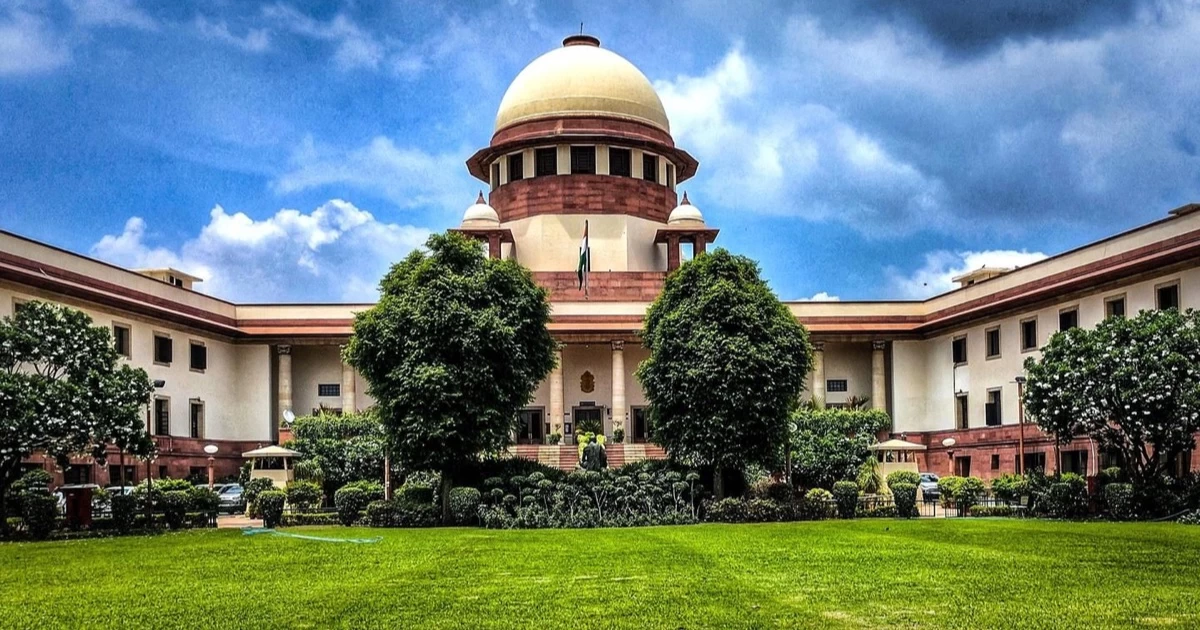Latest Updates
Supreme Court Warns Against Weaponizing Cruelty Laws for "Personal Vendettas"

The Supreme Court on Wednesday issued a strong warning against the misuse of the cruelty law in marital disputes. The apex court’s ruling comes amidst the outrage over the death by suicide of a Bengaluru-based techie, allegedly driven to the act by harassment from his wife and in-laws. The court stressed that the law should not be weaponized for “personal vendettas.”
"Section 498(A) was introduced to prevent cruelty inflicted on women by their husbands and their families, with swift state intervention," the bench of Justices BV Nagarathna and N Kotiswar Singh stated. However, they acknowledged an increasing misuse of this provision in recent years. “In recent years, there has been a notable rise in marital disputes across the country, accompanied by growing discord and tension within the institution of marriage. Consequently, there has been a growing tendency to misuse provisions like Section 498(A) as a tool for unleashing personal vendetta against the husband and his family by a wife,” observed the top court.
The bench expressed concern that such vague and generalized allegations could result in the abuse of legal processes, contributing to a culture of "arm-twisting tactics" within families. Section 498(A) of the Indian Penal Code (IPC), which addresses cruelty towards women by their husbands and in-laws. Although this section has been replaced by Section 86 of the new Bharatiya Nyaya Sanhita (BNS) code, the court’s observations highlighted a growing trend of misuse.
The court’s observations came after the Telangana High Court had refused to dismiss a cruelty case filed by a wife against her husband and his family. The Supreme Court ultimately set aside the case, clarifying that their ruling did not suggest that women should remain silent if they suffer cruelty. Instead, they emphasized that provisions like Section 498(A) were meant to protect women from unlawful demands such as dowry, but should not be misused in retaliatory actions during marital disputes. "We should not encourage cases like the present one, where a complaint under Section 498(A) is filed as a counterblast to a petition for dissolution of marriage,” noted the court.









